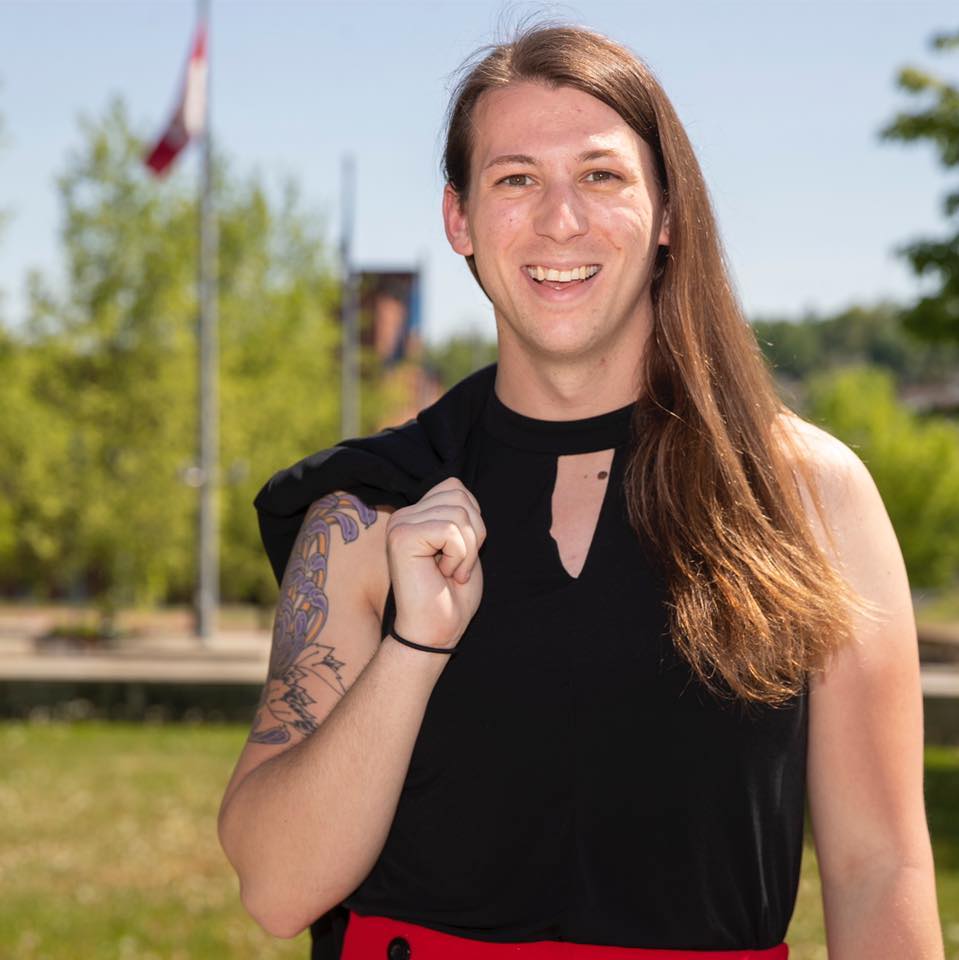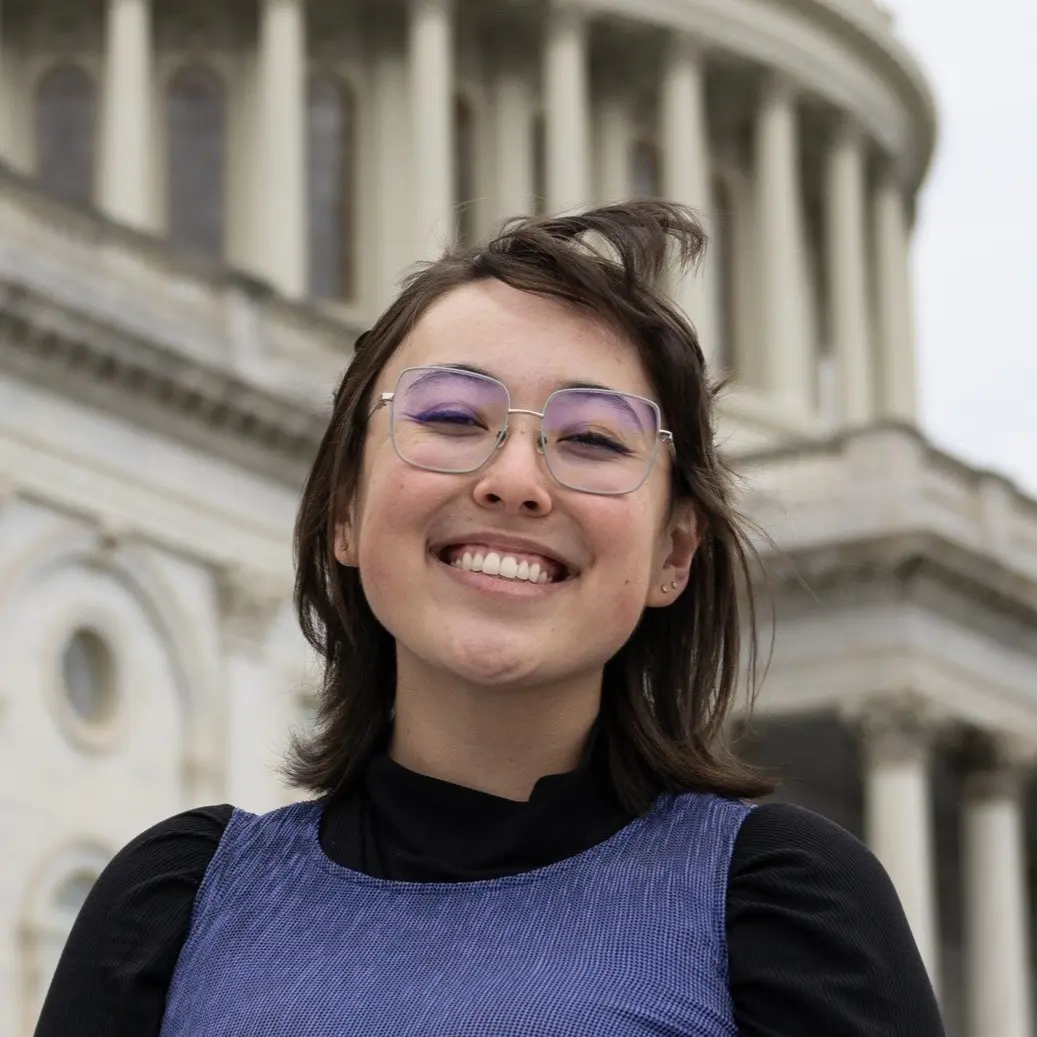
This past February, in the Mexican state of Zacatecas, the Progressive Social Network (RSP) announced their candidate for governor, Fernanda Salomé Perera Trejo, a transgender woman and LGBTQ activist. While not the first transgender candidate nominated by a national party for public office, Perera’s candidacy for governor does mark the highest-ranking position a trans person has been nominated for. RSP also nominated another prominent trans activist, Melany García Cortés, as candidate for federal deputy this cycle.
These efforts in Zacatecas mark significant strides in transgender representation with Perera and Garcia’s candidacies, and they come after the state elected their first out gay mayor, Benjamin Medrano in 2013 who later served as a federal deputy.
In the 2018 election year, six trans and muxe (indigenous people who identify as a third gender in Zapotec culture) candidates were nominated to lower positions by three parties, and five out of the ten national political parties included sexual orientation and gender identity in their equity statements. Only one, Morena, included a commitment to sexual diversity in their platform, however, and notably, none of the ten took specific measures to promote LGBTQ representation in public servant roles.
Since then, civil society and LGBTQ advocates across the country launched a successful effort to have the National Elections Institute establish proportional representation requirements for the 2020-2021 election cycle, precisely to enhance the political representation of underrepresented groups including: youth, women, and indigenous, disables, migrant and LGBTQ communities.
Unfortunately, there continues to be resistance to out LGBTQ candidates due to wide-spread homophobia and transphobia. According to the National Council to Prevent Discrimination, 83.4% of LGBTQ Mexicans faced discrimination due to their sexual orientation and transgender women faced a disproportionate level of gender motivated violence only surpassed by the levels of violence experienced by transgender women in Brazil.
Perera’s nomination and the recently instated protocols to guarantee trans people the right to exercise their vote free of discrimination, represent a demonstrable shift towards a more inclusive and representative democracy in Mexico. At Victory Institute, we know the value of strengthening LGBTQ political engagement and empowering LGBTQ leaders to increase representation in countries like Mexico, which is why we work with a number of partners in countries around the globe to train political leaders like Perera and García as well as political parties to expand access and opportunity to LGBTQ candidacies.


